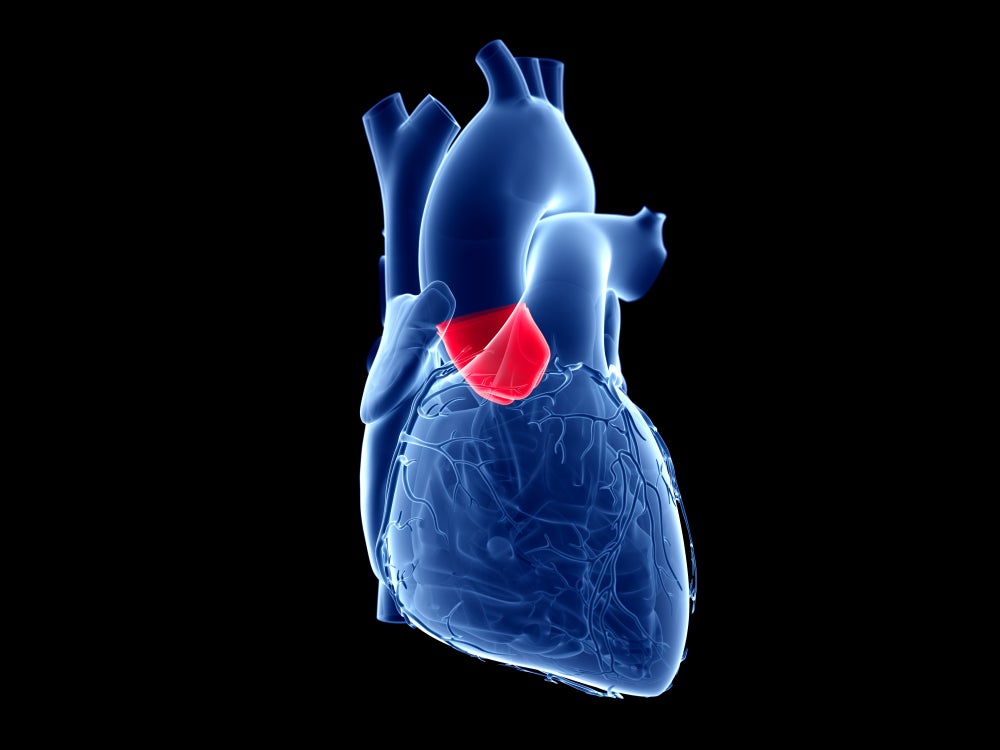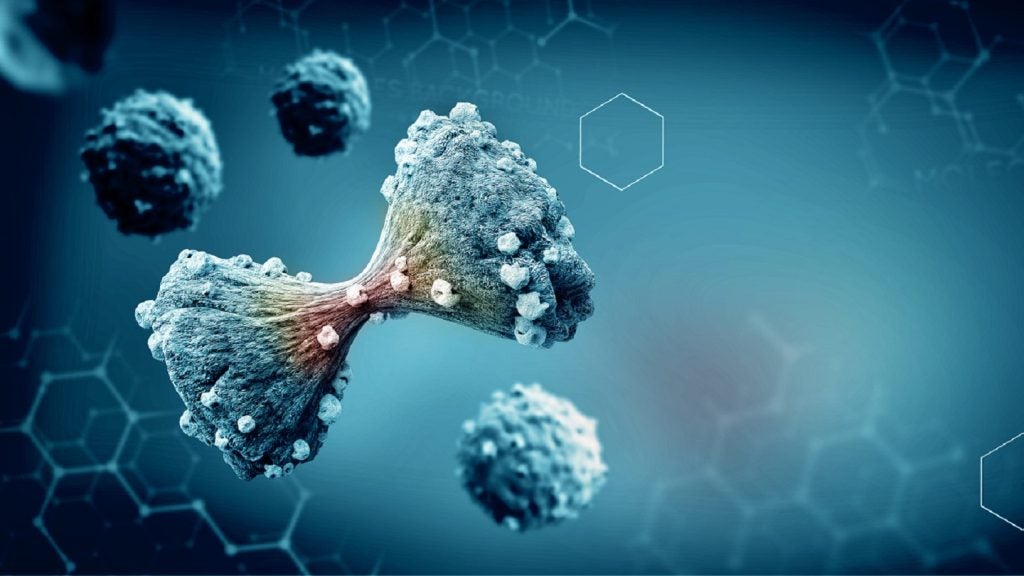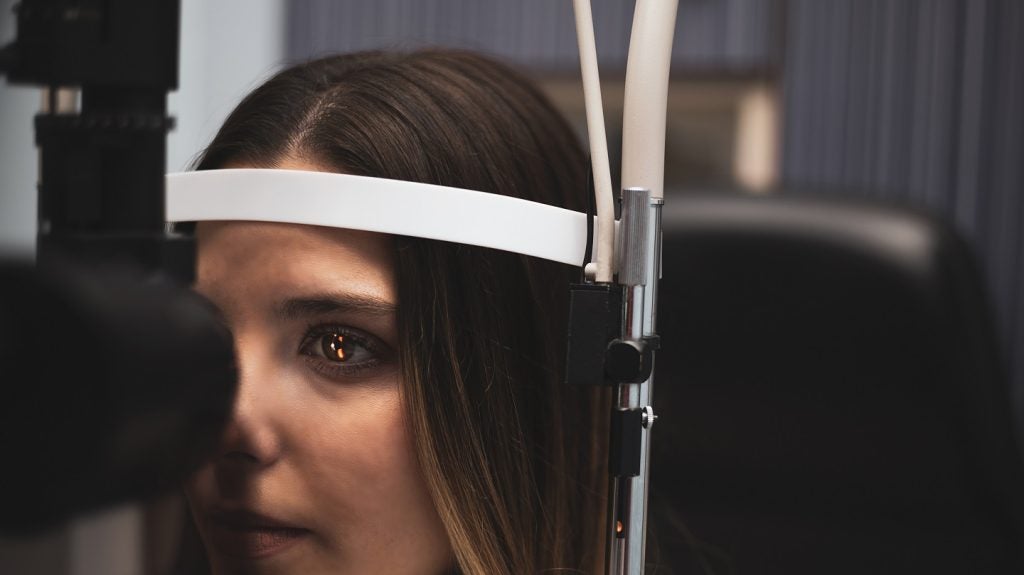Eloxx Pharmaceuticals has reported that all patients with Alport syndrome treated with drug candidate ELX-02 have shown improvement.
The Massachusetts-based company has reported positive results from its proof-of-concept Phase II clinical trial (NCT05448755) of ELX-02 for the treatment of Alport syndrome after eight weeks of treatment.
Based on the most recent results, Eloxx is now looking to advance ELX-02 into the trial for the treatment of Alport syndrome with nonsense mutations.
According to GlobalData’s Pharmaceutical Intelligence Centre, there are no marketed drugs for Alport Syndrome and only four candidates are at Phase II. GlobalData is the parent company of the Clinical Trials Arena.
Eloxx is also testing the drug candidate for the treatment of cystic fibrosis, polycystic kidney disease, Duchenne muscular dystrophy and mucopolysaccharidosis I (MPS I).
ELX-02 acts as a cystic fibrosis transmembrane conductance regulator (CFTR) activator. It restores cystic fibrosis transmembrane conductance regulator (CFTR) protein-dependent chloride transport.
Results of ELX-02 Phase II trial
Electron microscopy assessment of kidney biopsies demonstrated a reduction in podocyte foot process effacement in all three treated patients. Two patients who suffered from widespread foot process effacement improved to segmental foot process effacement while the third patient who had moderate to severe foot process effacement improved to moderate only.
President and chief executive officer Sumit Aggarwal said: “These are profound results. The improvement in podocyte foot process effacement in all three patients treated confirms the disease-modifying potential of ELX-02.
“Combined with the reduction of proteinuria achieved in one patient, these data strengthen our confidence in ELX-02’s potential to treat Alport syndrome patients with nonsense mutations. We look forward to initiating a pivotal trial as we believe ELX-02 has the potential to be transformational in this underserved patient population.”
What is Alport syndrome?
Alport syndrome is a rare genetic kidney disorder with high levels of proteinuria, hearing loss and eye abnormalities caused by mutations in COL4A3/4/5 genes. COL4A3/4/5 genes are needed for the production of type four collagen.
Alport syndrome is characterised by podocyte injury and impaired kidney filter function leading to proteinuria. Podocytes are specialised cells that bind to the glomerular basement membrane and form finger-like extensions called foot processes that enable efficient ultrafiltration.















